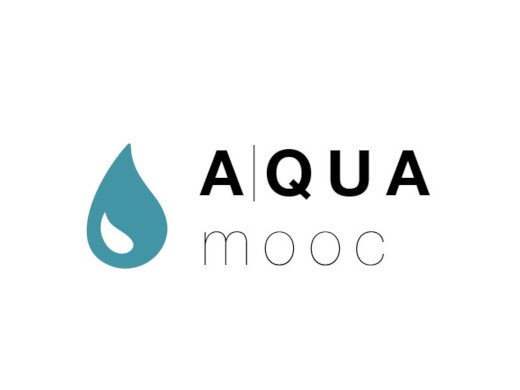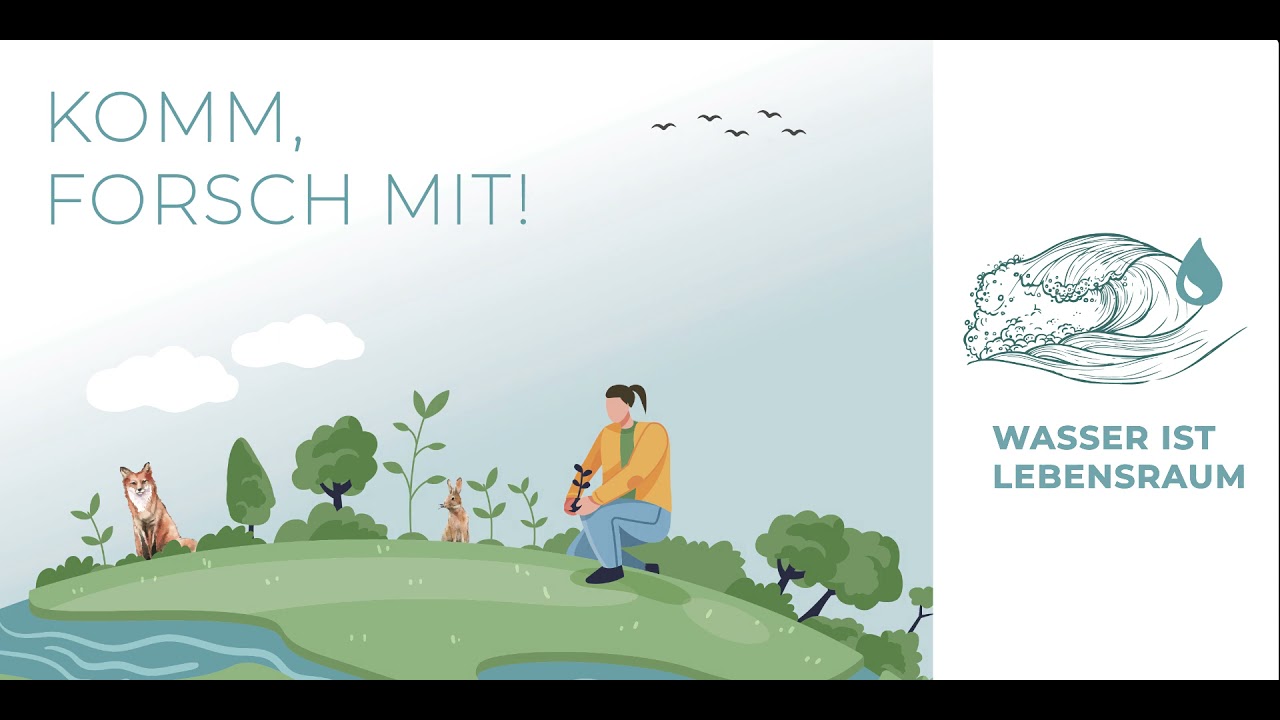Aqua MOOC - Participatory Engagement with Water
Início do curso: 1. novembro 2021
Aqua MOOC - Participatory Engagement with Water
Shé Hawke and Reingard Spannring
Este curso faz parte de uma série de MOOC: Sustainability: Today for tomorrow
Classificação científica:
Início do curso: 1. novembro 2021
Aqua MOOC - Participatory Engagement with Water
Shé Hawke and Reingard Spannring
Este curso faz parte de uma série de MOOC: Sustainability: Today for tomorrow
-
Âmbito: 5 unidades
-
Esforço: 2 horas por semana
-
Participantes atuais: 152
-
Licença: CC BY 4.0
-
Início do curso: 1. novembro 2021
-
Fim do curso: -
-
Situação atual: Curso em andamento
-
Idiomas disponíveis:
Trailer
Detalhes do curso
Visão geral do conteúdo
Informações gerais sobre o curso
In light of the Anthropocene, the present geological age in which humankind is altering the whole Earth system with devastating effects on ecosystems, plants, the elements, as well as human and other animals, we are building a knowledge base together with students as citizen scientists using new and novel methodologies such as water literacy, participatory engagement and nature-based solutions. Actively engaging with, befriending and listening deeply to water as a „wise knowing self“ (Bird Rose 2007) in dialogue with its neighbours is our staring point for a better understanding of water as „a complex adaptive stream of intra, inter and extra-relationships“ and championing of „waters‘ multi-dimensional capacity and agency for the purpose of advancing more sustainable biosocial water futures within a geosocial matrix“ (Hawke and Palsson 2017:232). Students are invited to share photos, short films and audio recordings together with their „water story“ on this learning platform.
Conteúdo do curso
- Module one: Introduction (script and video)
- Module two: Understanding biosocial systems (script and video)
- Module three: Understanding the human factor (script and video)
- Module four: Doing multispecies ethnography (script and video)
- Module five: Presentation of students‘ visual, auditory and written contributions
Objetivos de aprendizagem
- To develop student understanding of biosocial connections between nature and culture, particularly waterscapes
- To develop student understanding of water/environmental literacy
- To enhance student development as citizen scientists, through participatory engagement
- To develop research and writing skills
Pré-requisitos
None
Certificado
For active participation in the course, an automated confirmation of participation will be issued upon completion, which will include your user name, the course name, the course duration and the amount of work involved. It should be noted that this is only a confirmation stating that the user has correctly answered at least 75% of the self-assessment questions asked.
Licença
All course materials are provided under the open Creative Commons Attribution 4.0 International license (except for external links and individual separately marked materials). This allows free use and also modification and republication of all components of the videos, working materials, exercises and test questions (as far as they are not external, i.e. linked materials, then the respective conditions apply). A sustainable usability and use is therefore possible, even beyond the course and project duration of imoox.
When using the materials, please indicate: CC-BY 4.0 AquaMOOC
This work is licensed under a مشاع إبداعي - 4.0 عالمي (CC BY 4.0)
Conteúdo adicional
ECTS credit points
This project is part of teaching cooperation between Universities. Credit points are given by lecturers as part of their respective course.
Instrutor do curso
Shé Hawke and Reingard Spannring
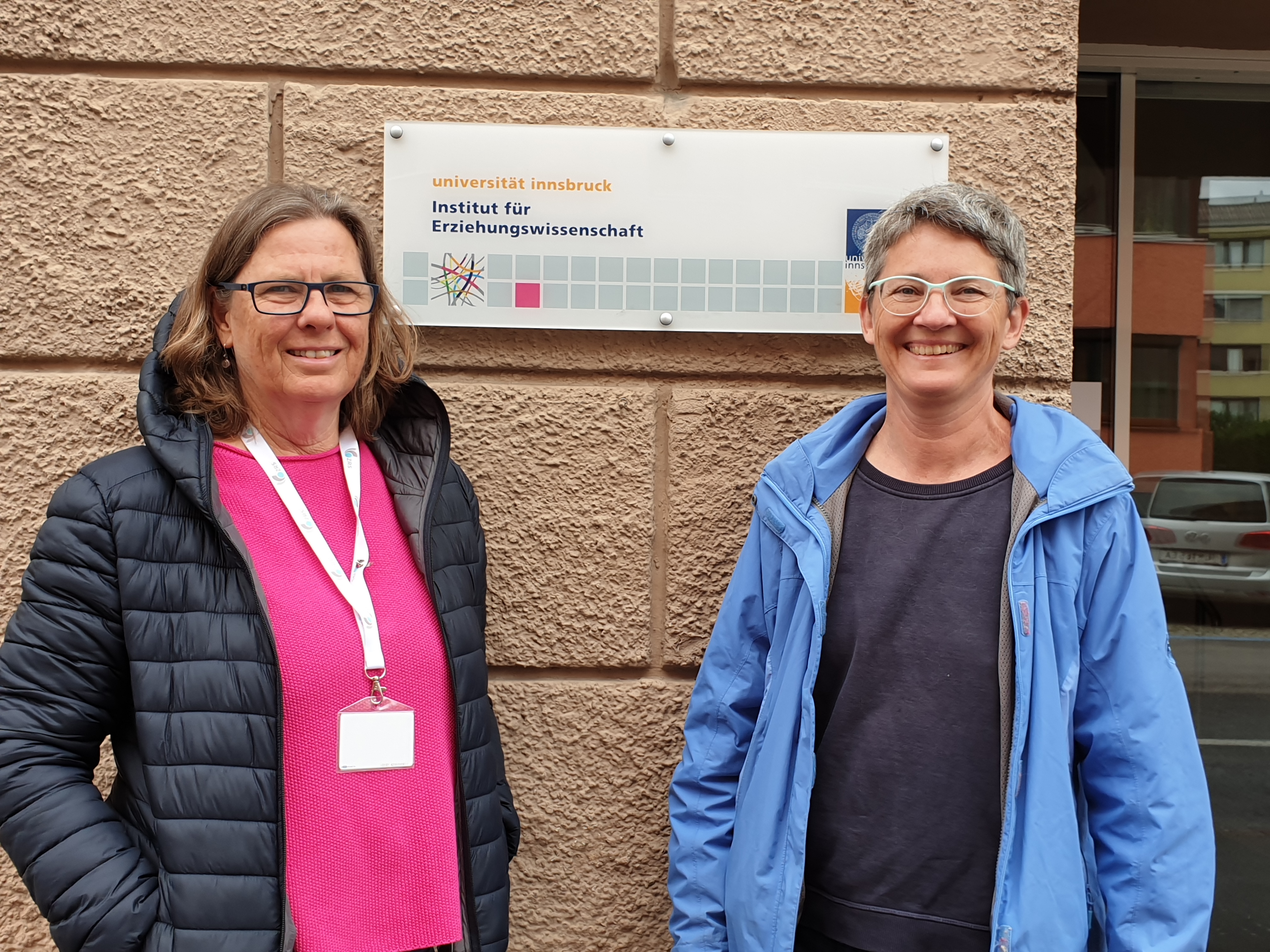
Shé Hawke (PhD The University of Sydney, Australia) is an inter-disciplinary scholar from the Mediterranean Institute for Environmental Studies (MIOS) at the Science and Research Centre, Koper, Slovenia. Her research focuses on sustainability and the cascading effects of climate change, particularly through the water cycle.
Reingard Spannring is a sociologist (PhD, University of Vienna; M.A. University of Sussex, UK) who works at the Institute for Educational Science at the University of Innsbruck. Her research areas include environmental education research, philosophy of education, critical animal studies and youth research.
Parceiros
Universität Innsbruck: Institut für Erziehungswissenschaft
-

University of Innsbruck
-
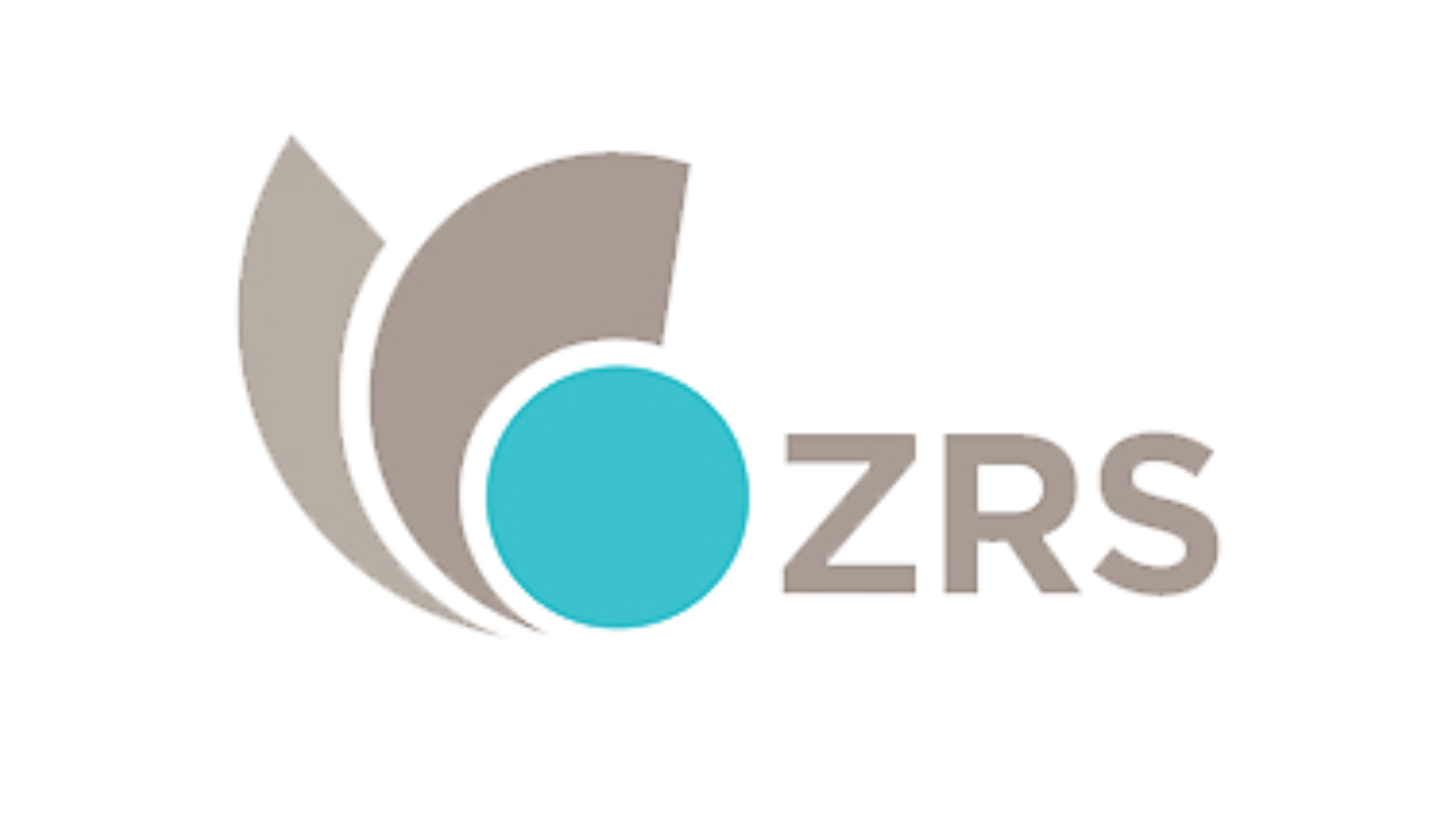
Science and Research Centre Koper
-
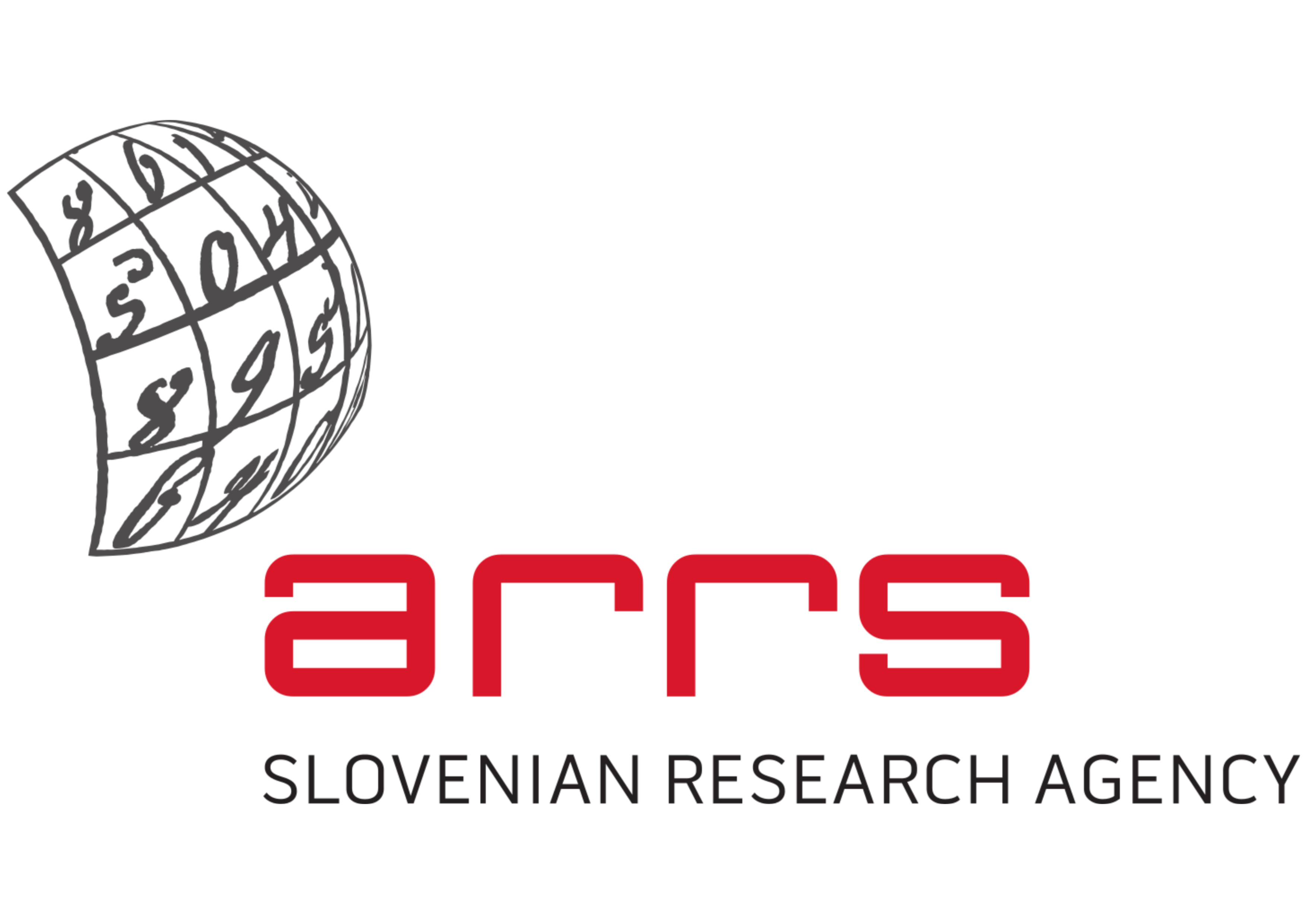
Slovenian Research Agency
-

FWF – Austrian Science Fund
